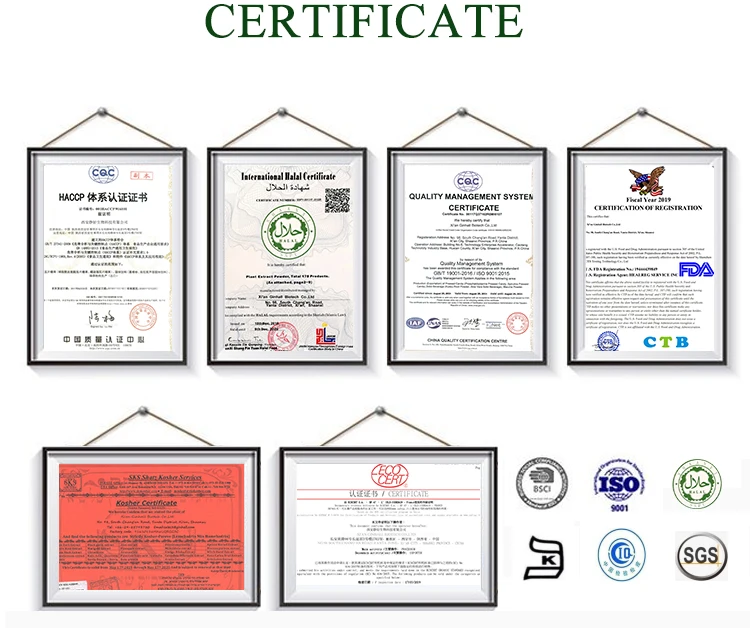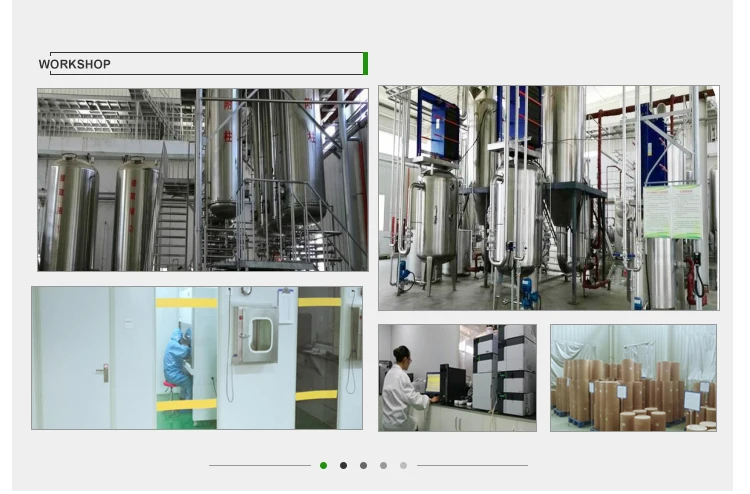Other recommendations for your business
High Quality Salidroside 5% rhodiola Rosea Extract Factory Price

Product Description

What is Rhodiola Rosea?
Rhodiola rosea is the root of an arctic plant that is first and foremost an adaptogen - a substance that increases resistance to physical and mental stress. Rhodiola rosea extract salidroside powder has a normalizing effect. Rhodiola rosea extract also enhances your mood, focus and physical energy while reducing anxiety. And the list of benefits goes on. Rhodiola rosea extract salidroside powder is one of those rare and magical herbs that has so many varied benefits, you have to marvel at how mother nature could concentrate so much healing power into a single plant!
Product name | Rhodiola rosea Extract | Appearance | Brown Red Powder |
Botanical Source | Root | Test Method | HPLC |
Specification | Salidroside 5% | Mesh | 100% pass 80 mesh |
Application | Health Care | Shelf Life | 2 years |
Function Of Rhodiola Rosea Extract Powder

1. Anti-fatigue effect: Oral administration of Rhodiola angustifolia mice increases pole climbing time, swimming time and load swimming time. It can shorten the time required for recovery after fatigue, increase the levels of enzymes, RNA and protein, so that the muscles can recover as soon as possible after fatigue.
2. Anti-hypoxia effect: oral administration of Rhodiola rosea, Rhodiola angustifolia, and Rhodiola crimson extracts can make the experimental animals show obvious antagonism to various hypoxia modes, and its effect is stronger than ginseng and acanthopanax senticosus .
3. Anti-aging effect: The alcohol extract of Rhodiola rosea can increase the SOD activity of red blood cells and liver, and has a tendency to increase the SOD activity of myocardium. Red wild flax flies drinking Rhodiola rosea extract can significantly extend their lifespan, and their life extension rate is better than ginseng. Rhodiola can promote the proliferation of 2BS cells and reduce the death rate, inhibit the lipid peroxide of rat cells and enhance the activity of serum superoxide dismutase.
4. Anti-tumor: Rhodiola rosea does have a certain inhibitory effect on S180 cells. In the range of non-toxic side doses, this effect will increase with the increase of concentration. Continuous oral administration of Rhodiola rosea extract can reduce the carcinogenic damage to the small intestine wall of mice by erythrobacter and improve the body's anticancer ability.
5. Detoxification effect: Salidroside has the effect of antagonizing strychnine poisoning, and can fight various bacterial toxins such as tetanus, and increase the survival time or survival rate of mice taking strong poisons, sodium cyanide, and sodium nitrite.
Application Of Rhodiola Rosea Extract Powder



Application: Mainly used in medicine, health care products and other industries, Anpu capsules.
The dose range of standard Rhodiola extract is between 100-170mg per day, and the amount of rosavin contained in it is about 3.6-6.14mg.
As early as the 1980s, the Soviet Union's health care department approved rhodiola preparations as stimulants. In the international market, Rhodiola rosea extract is one of the most popular food supplements, and its application is very wide. A variety of preparations are made, such as rhodiola capsules, rhodiola glycoside tablets, rhodiola oral liquid, rhodiola syrup, rhodiola extract, rhodiola wine and so on.
Certifications

Packing&Delivery

Five Star Praise

About Us


FAQ

Supplier's popular products
Contact Supplier
We have more categories for you. lf you can't find the products you want above,just fill in the form and tell us whatproducts you want to import from China.


















